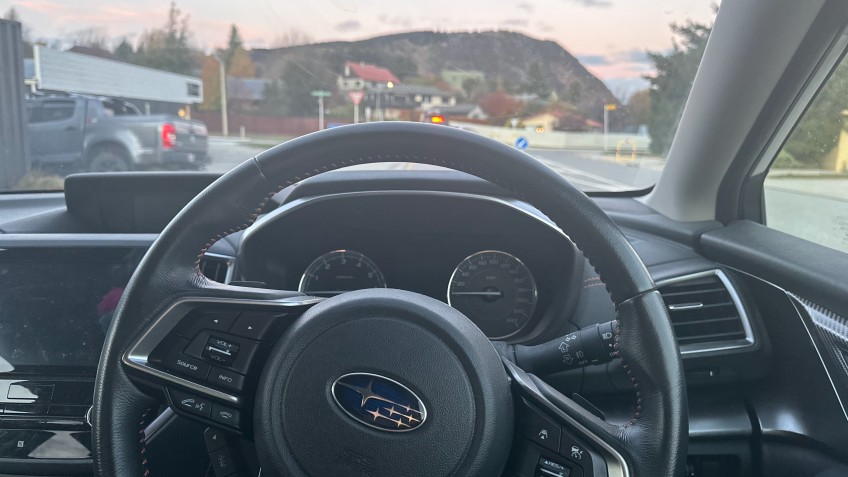
Queenstown rehabilitation course turning around dangerous drivers
A rehabilitation programme working with local drivers caught on the wrong side of the law is changing lives and reducing recidivism.
Approximately 15 students undertaking the driving programme 'The Right Track' will graduate in Queenstown next week.
Their graduation follows two months of attending driving-related behavioural change sessions as directed by the courts.
John Finch, who has spearheaded the programme around the country, says as many as 80 percent of those who take part in it never re-offend.
Its success relies on volunteer facilitators, including Queenstown's Kaye Eden, and participation by police and emergency services staff.
Participants learn about best driving practice and the potential impacts of bad choices, she says.
Ms Eden tells Crux she really believes in the programme and thinks what it teaches the participants is important.
She says one high school pupil taking the course has told her told they now really think about each of their decisions as a result of what they've learnt.
One scenario activity from the programme involves each of the participants being assigned a 'role' - from passerby, to technician, to police officer - before being told there has been a 'crash' involving a driver hitting a power pole.
As details of the incident are read-out, those involved are asked to get up off their seat.
The activity aims to show just how many people are affected by a crash.
"By the end of it, everyone in the room is standing up," Ms Eden says.
The latest estimate of social cost per fatal crash is $4.8 million for each death, a figure supplied in June 2021 by the Ministry of Transport.
The programme has been running in Queenstown for 18 months, and Ms Eden has been involved with it the whole time.
She says she finds herself driving more safely now because of it.
Nationally, the programme kicked off in 2007, in Auckland's Manukau, but it is now available all over, with 250 programmes delivered since then thanks to funding from grants and local trusts - but not the government.
Mr Finch is proud of his programme and its high success rate, and he says he took a year to study overseas rehabilitation programs - examining what worked and what didn't - before developing this New Zealand driving course.
"You have to make them realise their norm (driving under the influence) to make them realise their norm is abnormal...they see what the ripple effect is on the whole of the community in which they exist."
Mr Finch says that there's a broad demographic of drivers who are enrolled in the Queenstown course, which also takes people from the surrounding areas of Cromwell, Wānaka and Alexandra.
He says bringing a support person along is "absolutely integral" to the success of the programme, and this is especially the case for younger participants.
"It reduces the effect of what I call isolated learning. (For example) If you want your kid to learn to read, you don't just chuck a book at them and say 'read it'; no, you spend time and make time with them."
He says it's common for kids to turn up to the programme "looking daggers" at their parents, but then by the end of their relationship has been rekindled.
He would like to see the government investing in the the roll-out of educational programmes like his, rather than focuses only on infrastructure aimed at preventing crashes such as speed bumps and safety barriers.
"Without behavioural change, you can't actually get people behaving in a compliant manner, as they do in Sweden, as they do in Norway, where the road to zero was invented. But we're not doing what they do (in those places)."






























